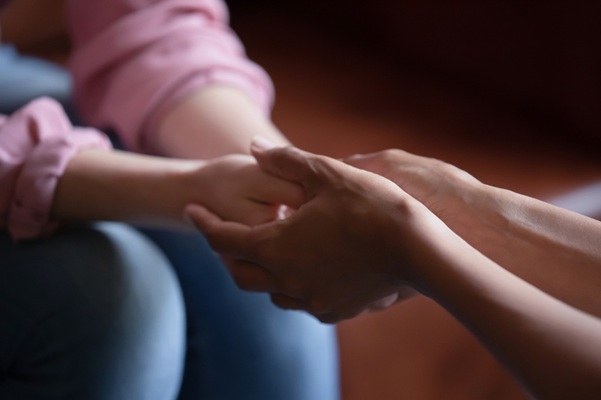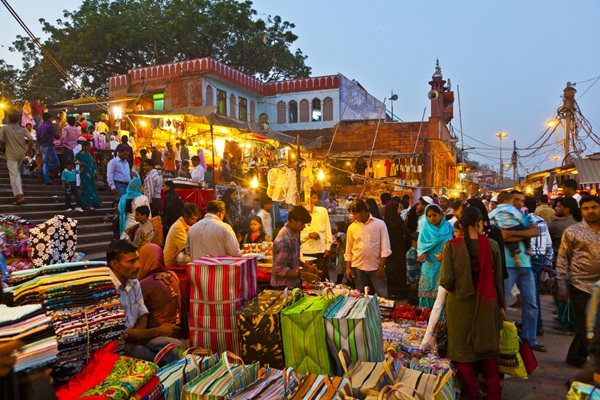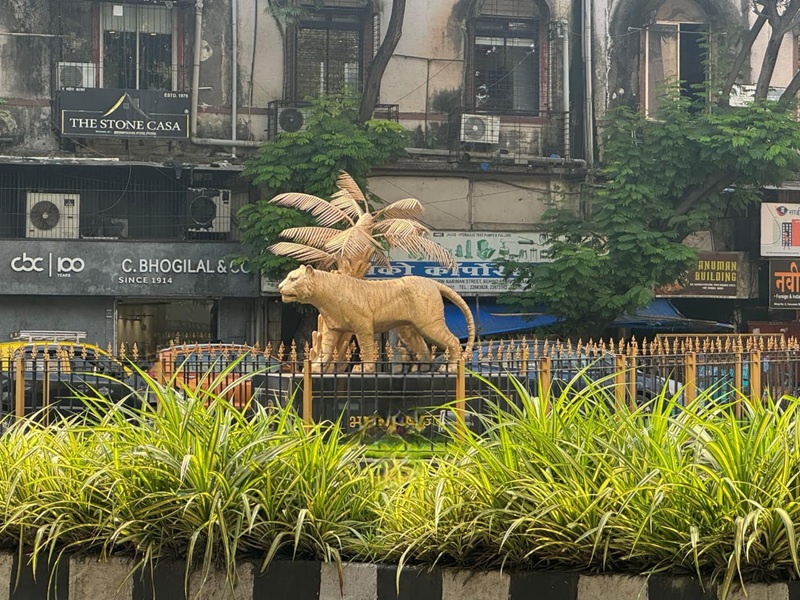.png)
The Annuity of Human Connections
In today’s economy of constant transactions, kindness remains our most undervalued asset. Invest wisely, because emotional wealth, like financial growth, depends on balance, boundaries, and the courage to compound compassion.

Kalyani Srinath, a food curator at www.sizzlingtastebuds.com, is a curious learner and a keen observer of life.
October 25, 2025 at 12:06 PM IST
Once upon a time, a simple purchase ended at the payment counter. You exchanged money, received your product, and the transaction was complete. But in our modern world, the notion of completion has grown complicated. Now, we “subscribe.” To streaming services. To software upgrades. To gym memberships, wellness programs, even mattresses that come with lifetime care plans.
We are surrounded by constant renewals — handy, efficient, never-ending. But beneath this shift in how we live lies a gentler, more personal parallel we hardly notice. We’ve begun to treat emotional life the same way: as a series of recurring payments. We subscribe to relationships, to roles, to expectations that quietly demand auto-renewal of our goodwill.
Kindness, once a natural impulse, now feels like a plan we can’t cancel.
You see it everywhere — in families, friendships, workplaces. The sister who shoulders the unseen burden of caregiving. The friend who listens endlessly but is never met with the same attention. The colleague everyone relies on because “you always understand.” None of them signed up for this imbalance, but one day it became their role — their emotional subscription, renewed indefinitely.
And for many, that generosity turns into an unacknowledged tax on the spirit.
We often speak reverently about kindness, empathy, patience. They are the cornerstones of community, after all. But when one party keeps paying into the emotional account without return, those virtues begin to sink under the weight of depletion. There’s nothing noble about losing yourself in the name of being good.
Like hidden fees on a statement you stopped checking, quiet exhaustion builds up until it suddenly costs you more than you realised.
This October, World Mental Health Day arrived with the theme “Mental health is a universal human right.” On the surface, it speaks of access — to care, to support, to dignity. But look closer, and it’s also an intimate reminder: tending to our mental and emotional equilibrium is not selfish. It’s foundational.
Two Sides, Unbalanced
Every act of kindness has two sides — the giver and the receiver. True human wealth comes from that exchange staying balanced. Yet, in practice, society still rewards overextension. The silent caretaker earns applause, the ever-available friend is admired for endurance, the peacekeeper praised for composure. We confuse exhaustion for empathy, self-erasure for commitment.
But just as smart investing requires reviewing your portfolio, emotional well-being demands that same watchfulness. Without balance, even kindness becomes debt.
The beauty of the financial metaphor isn’t accidental — it’s deeply fitting. Financiers speak of annuities as instruments that provide steady returns over time. The idea is elegant: you invest wisely now, and the benefits flow predictably later. But most emotional labour today resembles the reverse: we give without replenishment, hoping that care will somehow circulate back on its own. Too often, it doesn’t.
And so, we quietly accrue emotional interest — fatigue, resentment, anxiety — until our inner reserves run dry.
In moments of global reflection like World Mental Health Day, it’s worth asking: how did compassion become a liability? Why have we learned to treat boundaries as barriers rather than as balance sheets? The truth might be uncomfortable. In a culture that prizes productivity, stillness looks lazy. In a society that celebrates sacrifice, self-care can look selfish.
But balance is not abandonment. Choosing rest is not betrayal. Declining an invitation or delaying a favour doesn’t undo your goodness; it preserves its future.
That’s the paradox of healthy kindness — it strengthens its own supply. When we give thoughtfully, not endlessly, our empathy compounds. When we commit out of genuine care rather than obligation, our warmth becomes sustainable.
This is not about transactional living; it’s about intentional giving. True compassion isn’t a subscription model — it’s an investment made with awareness, reciprocation, and renewal.
One of the quiet epidemics of our time is emotional overextension. Gaslighting, unacknowledged caregiving, people-pleasing — they share one root: disconnection from our own sense of worth. It sneaks in subtly. Someone tells you they “know better.” Someone else suggests your boundaries are “cold.” You begin to question your instincts. After a while, kindness turns into compliance, and empathy into silence.
This is what unbalanced emotional economies do — they eat into self-trust. Gaslighting thrives where kindness goes unquestioned, and guilt grows where gratitude should have been. The family that shrugs and says, “He’s always been like that.” The workplace that praises you for handling more. The social circle that calls your exhaustion “being dependable.” Each is a quiet breach of contract.
And when even rest comes with guilt, the toll isn’t just emotional — it’s physical, financial, and societal. In recent years, entire industries have cropped up around burnout: therapy apps, mindfulness subscriptions, supplements for fatigue. And while many of these tools are valuable, they also highlight an unsettling truth — that the modern condition of chronic overwhelm has itself become commodified. Caring for ourselves shouldn’t feel like luxury expenditure.
So how do we reclaim our emotional solvency?
Perhaps it begins with a simple but discomforting act: an audit. Not of money, but of energy. List the unpaid emotional debts you’ve been carrying. The friend you always call, but who never asks how you are. The family member whose approval you still chase. The colleague who drains your focus because you never say no.
Look closely — which of these investments still yield meaning, and which no longer serve your growth? It’s not unloving to walk away from a draining dynamic. It’s simply sustainable.
In finance, wealth grows best when we diversify — when no single investment dominates the portfolio. Emotionally, the same holds true. Let’s diversify our joys, our outlets, our anchors. Let friendship, solitude, creativity, and rest all have a place in your balance sheet of care.
Let’s remember that emotional wealth isn’t a passive asset. It’s cultivated, reviewed, and safeguarded. Protecting your capacity for kindness is as important as expressing it. Resilience isn’t about consistently staying strong; it’s about knowing when to pause, repair, and reallocate.
Because kindness, in its truest form, was never meant to be martyrdom. It’s meant to nurture both giver and receiver — a renewable resource, not an exploited one. The world doesn’t need more depletion disguised as generosity; it needs more clarity about the real cost of connection and the courage to demand fairness in our emotional exchanges.
Maybe this is the wisdom of our age: to treat kindness like the annuity it truly is — an enduring investment that pays steady dividends of trust, warmth, and belonging, so long as we keep refilling the account. We cannot draw endlessly from an empty well. The greatest wealth, after all, isn’t ownership; it’s equilibrium.
So, as another World Mental Health Day passes, take your quiet inventory. Withdraw from the debts that drain you. Reinvest in what steadies you. Honour the accounts that return warmth. Review, rebalance, and rest — not as luxury, but as right.
Kindness, when given with balance, never depletes. It multiplies. It nourishes both sides of the exchange and ripples outward — through families, communities, workplaces, and generations. Each act of honest compassion, rooted in awareness rather than obligation, becomes part of a larger legacy: emotional wealth that endures.
In the end, that is the real annuity of human connection — not the one that binds you endlessly, but the one that continually renews what makes you human.


